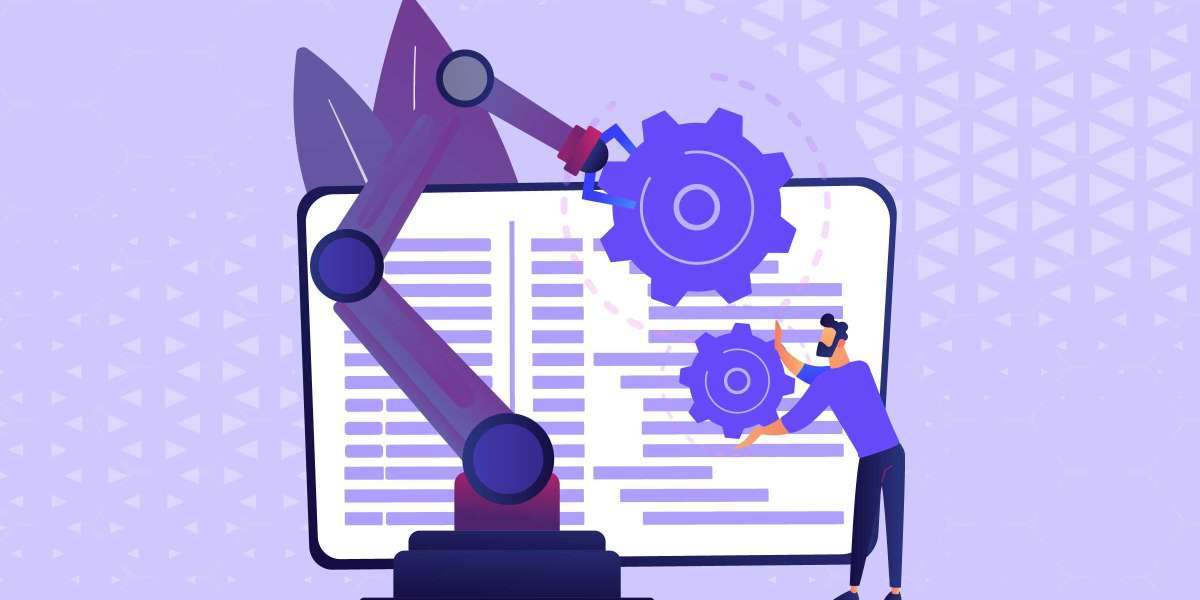Utilizing technology has become imperative for staffing agencies in order to streamline their staffing processes and improve overall efficiency. The traditional manual methods of managing candidate information, sorting resumes, and scheduling interviews prove to be time-consuming and prone to errors. By adopting modernized technological solutions, staffing agencies can significantly enhance their operations.
One of the key benefits technology brings to staffing processes is the automation of repetitive tasks. Software and platforms can be utilized to streamline candidate sourcing, screening, and evaluations, reducing the need for manual intervention. This allows recruiters to focus their time and efforts on more strategic activities, such as building relationships with clients and optimizing the hiring process. Additionally, technology enables agencies to create a centralized database for managing candidate information, making it easier to access and retrieve data relevant to specific job requirements.
Enhancing Efficiency in Staffing: The Need for a Modernized Approach
In today's rapidly evolving job market, staffing agencies face numerous challenges in sourcing and hiring top talent for their clients. Traditional methods of recruitment and staffing processes are often time-consuming and inefficient, leading to delayed hiring decisions and missed opportunities. To overcome these hurdles and stay competitive, staffing agencies need to embrace a modernized approach that leverages technology to enhance efficiency.
One key aspect of a modernized staffing approach is the utilization of applicant tracking systems (ATS). These software platforms streamline the entire recruitment process, from candidate sourcing to onboarding. With an ATS, staffing agencies can easily post job openings on multiple job boards and social media platforms, attracting a wider pool of candidates. The system also automates the screening and filtering of resumes, saving recruiters valuable time and ensuring that only the most qualified candidates move forward in the hiring process.
Another essential component of a modernized staffing approach is the adoption of online skills assessments and psychometric tests. These tools help assess candidates' job-specific skills and cultural fit, providing valuable insights that facilitate efficient decision-making. By incorporating these assessments into the hiring process, staffing agencies can objectively evaluate candidates' capabilities and make informed decisions about their suitability for specific roles.
Overall, the need for a modernized approach in staffing is undeniable. By embracing technology and implementing streamlined processes, staffing agencies can enhance efficiency, improve candidate quality, and ultimately provide better value to their clients. As the job market continues to evolve, it is crucial for staffing agencies to stay ahead of the curve and leverage modern tools to optimize their hiring processes.
Understanding the Challenges Faced by Staffing Agencies in Talent Acquisition
Staffing agencies play a critical role in talent acquisition, connecting job seekers with potential employers. However, they face several challenges in their pursuit of identifying skilled and qualified candidates. One of the main obstacles is the increasingly competitive job market, which makes it difficult for agencies to attract top talent. With a limited pool of skilled candidates, staffing agencies must find innovative ways to stand out and attract the best individuals for their clients.
Another major challenge faced by staffing agencies is the constant need to stay updated with the latest industry trends and technological advancements. As companies embrace automation and digitization, staffing agencies must also adapt to these changes to remain relevant. This means incorporating technology into their talent acquisition processes, such as using AI-powered tools for candidate screening or leveraging data analytics for more efficient candidate sourcing. However, implementing and managing these technologies can be complex and time-consuming, requiring specialized knowledge and resources. Staffing agencies need to invest in ongoing training and development to ensure their staff is equipped with the necessary skills to navigate these technological challenges.
Overall, understanding the challenges faced by staffing agencies in talent acquisition is crucial for developing effective strategies to overcome them. By recognizing the competitive job market and the need for technological integration, agencies can take proactive steps to enhance their recruitment processes and attract top-tier candidates for their clients.
Leveraging Technology to Simplify Candidate Sourcing and Screening
Staffing agencies are continually seeking ways to streamline their candidate sourcing and screening processes in order to attract top talent and efficiently fill open positions. In today's digital age, leveraging technology has become a vital tool in achieving this goal. With the advent of online job boards, social media platforms, and applicant tracking systems for staffing agencies have access to a wide range of tools and resources that can simplify the sourcing and screening process, ultimately saving time and enhancing efficiency.
One of the key benefits of using technology for candidate sourcing and screening is the ability to reach a larger pool of potential candidates. Gone are the days of relying solely on traditional methods such as print advertisements or word-of-mouth referrals. Through online job boards and social media platforms, staffing agencies can cast a wider net and attract candidates from various locations and backgrounds. Additionally, technology allows for targeted search and filtering capabilities, enabling recruiters to efficiently screen and shortlist candidates based on specific criteria, such as skills, experience, and qualifications. This not only saves time but also ensures that only the most qualified candidates are considered for the position, increasing the chances of successful placements.
The Benefits of a Centralized Database for Managing Candidate Information
In today's fast-paced and competitive job market, staffing agencies face numerous challenges in managing candidate information efficiently. One of the most effective solutions to this problem is the implementation of a centralized database. A centralized database acts as a comprehensive repository, storing all pertinent candidate information in one location. This includes resumes, contact details, interview notes, and any other relevant data. By having all this information in one place, staffing agencies can streamline their processes and enhance their efficiency.
One of the key benefits of a centralized database for managing candidate information is improved accessibility. With all data stored in a single location, recruiters and hiring managers can easily access and retrieve the information they need, without the hassle of searching through multiple systems or folders. This saves valuable time and allows for a more streamlined and efficient recruitment process. Additionally, a centralized database enables agencies to maintain a consistent and organized approach to candidate management, ensuring that crucial information is not lost or overlooked. This not only enhances efficiency but also contributes to a more professional and reliable image for the agency.
Optimizing the Hiring Process: How Automation Can Help Staffing Agencies
In today's fast-paced business world, staffing agencies play a crucial role in helping organizations find the right talent. However, the traditional hiring process can be time-consuming and tedious, leading to delays in filling open positions. This is where automation comes into the picture. By leveraging technology and automating various aspects of the hiring process, staffing agencies can greatly enhance their efficiency and streamline their operations.
One of the key benefits of automation in the hiring process is the ability to handle a large volume of candidates efficiently. With automated systems, staffing agencies can easily collect and manage candidate information, including resumes, cover letters, and other relevant documents. This eliminates the need for manual sorting and filing, saving valuable time and resources. Additionally, automation allows for quick and accurate candidate screening, using algorithms to match candidates with job requirements and qualifications. This not only speeds up the hiring process but also ensures that only the most suitable candidates are considered for each position. Overall, by incorporating automation into their operations, staffing agencies can optimize their hiring process and provide their clients with high-quality candidates efficiently.
• Automation allows staffing agencies to handle a large volume of candidates efficiently.
• Automated systems collect and manage candidate information, eliminating the need for manual sorting and filing.
• Automation enables quick and accurate candidate screening using algorithms to match candidates with job requirements.
• Incorporating automation into operations speeds up the hiring process and ensures only suitable candidates are considered.
How can technology help staffing agencies streamline their processes?
Technology can help staffing agencies streamline their processes by automating tasks such as candidate sourcing, screening, and data management. This allows for more efficient and accurate processing of candidate information, saving time and resources for the agency.
What are the benefits of a centralized database for managing candidate information?
A centralized database for managing candidate information provides staffing agencies with a single, easily accessible source of data. This allows for better organization and retrieval of candidate profiles, simplifying the hiring process. It also enables agencies to track and analyze candidate data, leading to more informed decisions and improved recruitment strategies.







